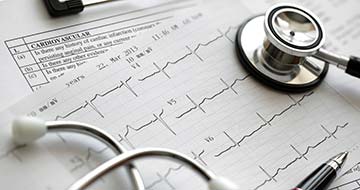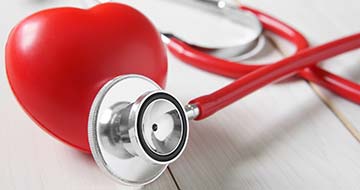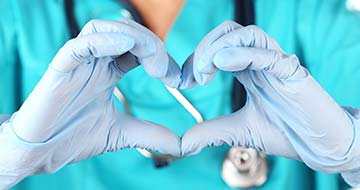Services
The first step in your care process is to understand the nature of your disease so that we can diagnose your condition.
Cardiac Electrophysiology, is the study of the electrical activities of the heart, specifically for the purposes of diag...
When our patients present with problems that may be cardiovascular in nature, we help determine the most likely diagnosi...
We help our patients improve blood flow in their arteries and veins by using very small tubes and specialized tools to d...
When the heart is functioning normally, the arteries are clear and open to allow for easy passage of blood through and o...
The highly trained surgeons and specialists at Biltmore diagnose and treat structural heart disease. We understand the n...
Eating Breakfast Can Be Good for Your Heart...and Other Surprising Facts
When it comes to health, we think that ‘no surprises’ is a good thing. Obesity, high blood pressure and diabetes are often cited as risk factors for heart disease. Here are four ‘who knew?!’ things related to heart health:
- Eating breakfasts –People who frequently skip breakfast are more likely to have heart disease risk factors such as obesity, diabetes, tobacco use, lack of regular exercise and not getting the right amount or type of nutrients.
- How you feel about your weights – The more that people internalize negative feelings about their weight, the greater odds of having a cluster of risk factors associated with heart disease, including type 2 diabetes. So, stay positive.
- Shoulder pains – Shoulder joint pain or rotator cuff injuries could be a sign that you have an increased risk for heart disease. If you have pain, get it checked out.
- Taking nonaspirin pain relievers – In 2016, the U.S. Food and Drug Administration strengthened the warning label on nonsteroidal anti-inflammatory drugs (NSAIDs), such as ibuprofen. The new labels recommend remaining alert for warnings of heart attack or stroke while taking NSAIDs.







